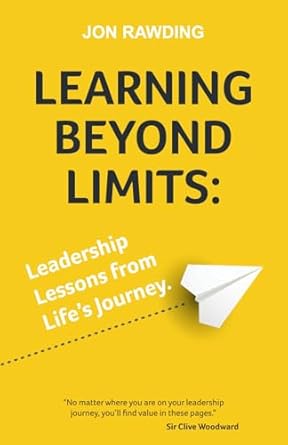Turn Your Expertise into a Bestselling Book
At Write Business Results, we specialise in helping entrepreneurs, business and thought leaders. transform their ideas into impactful books. Establish your authority and expand your brand with our expert guidance every step of the way.

Transform Your Ideas into Bestselling Books
At Write Business Results, we specialise in helping authors navigate the journey of becoming an author. Our comprehensive services ensure your book not only gets written but also reaches its target audience effectively.
Our Comprehensive Book Creation Services
From planning to promotion, we cover every aspect of book publishing.
Expert Guidance for Every Step of Your Journey
Our team of professionals is dedicated to your success.
Unlock Your Book's Potential with WBR
Let us help you turn your passion into a powerful book.
Author Testimonials
Hear from authors who transformed their ideas into books.


The whole process of working with WBR has been incredible.From those initial seeds of an idea that might grow into a book, the whole team have helped shape the ideas, structure the book and support the marketing strategy.It is their experience in particular that has had the most profound impact.
Their suggestions have without doubt resulted in a deeper and richer book than anything I might have created alone. If you think you have a book in you (and you probably have) the WBR team are the ones who will not only get it out of you, but they'll do so in a supportive, informed and enthusiastic way that is likely to see you on a bestseller list - it did for my book!


Georgia was instrumental to my book 'The Hidden Edge'. I'll never forget when we cracked the title of the book in one Zoom call. We were so excited that we punched the air and did a virtual high-five. That's Georgia: the optimist with an infectious laugh who lives to get wins for others.If you're an entrepreneur who's committed to growing personally and professionally and you know you have a valuable business book, blog or podcast in you, Georgia is there to ensure your success.
Strategise, edit, design, publish, promote – she does it all with a rare passion and professionalism.Along the way, she'll delight you with her down-to-earth personality and commitment to your vision. I can't recommend her highly enough!
Published Works
Explore our collection of bestselling books today!
















Explore Our Free Resources
Access valuable guides, insightful blog posts, and our innovative Clio tool to kickstart your journey.












